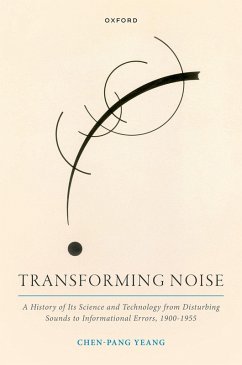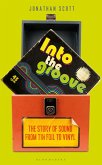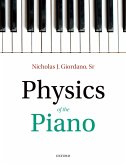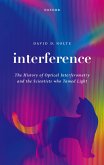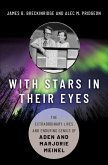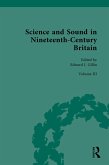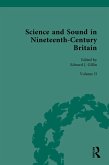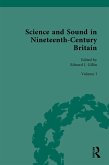Today, the concept of noise is employed to characterize random fluctuations in general. Before the twentieth century, however, noise only meant disturbing sounds. In the 1900s-50s, noise underwent a conceptual transformation from unwanted sounds that needed to be domesticated into a synonym for errors and deviations to be now used as all kinds of signals and information. Transforming Noise examines the historical origin of modern attempts to understand, control, and use noise. Its history sheds light on the interactions between physics, mathematics, mechanical technology, electrical engineering, and information and data sciences in the twentieth century. This book explores the process of engineers and physicists turning noise into an informational concept, starting from the rise of sound reproduction technologies such as the phonograph, telephone, and radio in the 1900s-20s until the theory of Brownian motions for random fluctuations and its application in thermionic tubes of telecommunication systems. These processes produced different theoretical treatments of noise in the 1920s-30s, such as statistical physicists' studies of Brownian fluctuations' temporal evolution, radio engineers' spectral analysis of atmospheric disturbances, and mathematicians' measure-theoretic formulation. Finally, it discusses the period during and after World War II and how researchers have worked on military projects of radar, gunfire control, and secret communications and converted the interwar theoretical studies of noise into tools for statistical detection, estimation, prediction, and information transmission. To physicists, mathematicians, electrical engineers, and computer scientists, this book offers a historical perspective on themes highly relevant in today's science and technology, ranging from Wi-Fi and big data to quantum information and self-organization. This book also appeals to environmental and art historians to modern music scholars as the history of noise constitutes a unique angle to study sound and society. Finally, to researchers in media studies and digital cultures, Transforming Noise demonstrates the deep technoscientific historicity of certain notions - information, channel, noise, equivocation - they have invoked to understand modern media and communication.
Dieser Download kann aus rechtlichen Gründen nur mit Rechnungsadresse in A, B, BG, CY, CZ, D, DK, EW, E, FIN, F, GR, HR, H, IRL, I, LT, L, LR, M, NL, PL, P, R, S, SLO, SK ausgeliefert werden.

